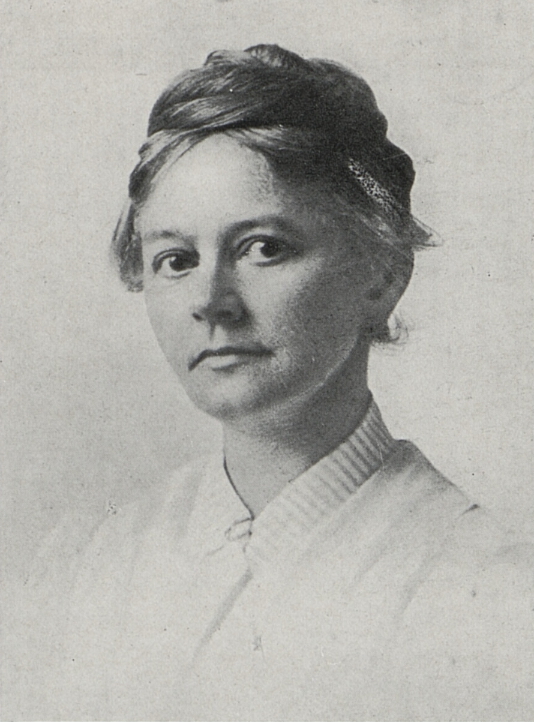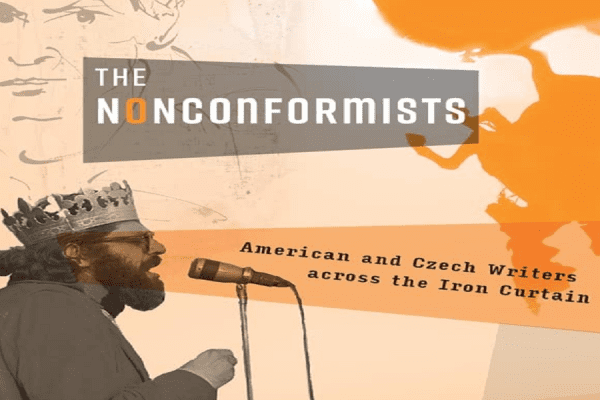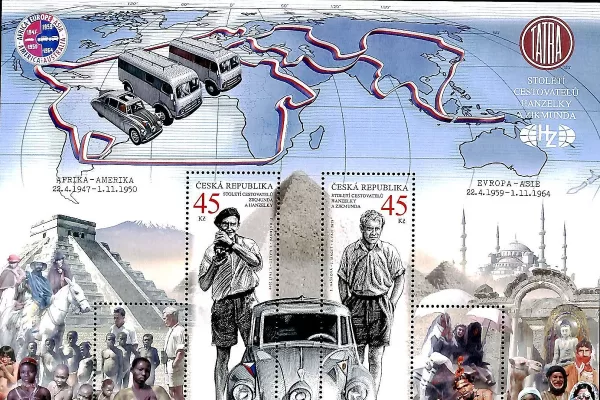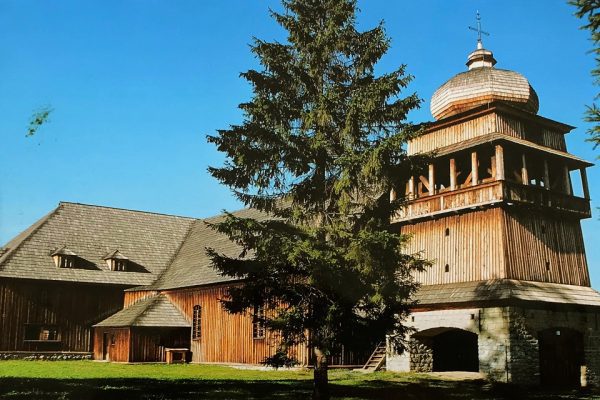Klára Winlow-Vostrovská (aka Claire Winlow-Vostrovsky) was born on October 27, 1871, in West Point, Nebraska, within a thriving Czech community. Her parents, Jaroslav (Jerome) Vostrovský (1836-1901) and Anna Vostrovský (1839-1922) were Czech immigrants. Her father, originally from Selmice or Semin near Kladrub in eastern Bohemia, had migrated to the USA in 1863. During her childhood, the family relocated multiple times until they settled in San José, California in 1883. In San José, her father became a merchant and a respected figure among the local Czech expatriate community.

Klára Winlow-Vostrovská pursued her education and attended Stanford University in Stanford, California, in the early 1890s. Her academic pursuits were remarkable, and in 1895, she achieved the distinction of being recognized as the first Czech-American woman to attain a university education.




















